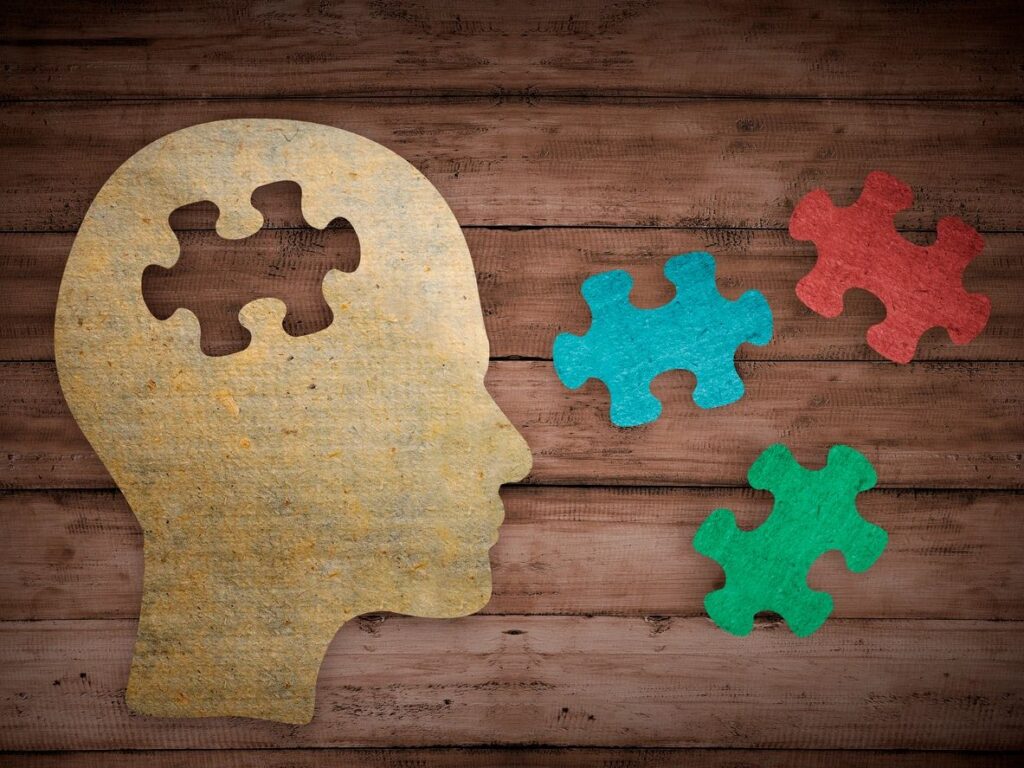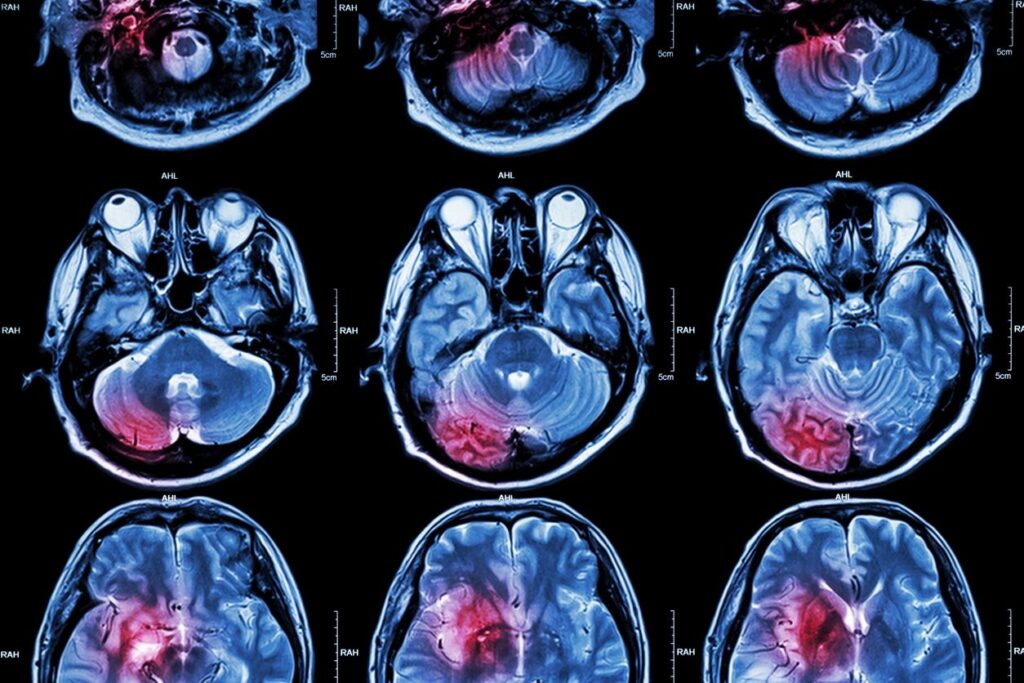Cognitive Psychology
People Probably Agree With You Less Than You Think
If there’s one thing people never lack, it’s biases in how we think. One of these biases is what psychologists call the false consensus effect, where people tend to overestimate the extent to which other people share their views. To put it another way, people tend to assume that everyone else thinks the way they…
Read MoreHow Your Day Was Yesterday Can Predict How Your Brain Will Age
That’s right! When you woke up yesterday I bet you didn’t know your cognitive future hinged on whether you’d have a good day! I’m exaggerating, of course. But there really is a new study out showing that people’s evaluations of their previous days can predict cognitive aging over the next year. Before you freak out…
Read MoreToo Much Sitting at School Leads to Attention Lapses
There are as many parenting philosophies as there are parents, but one thing most parents probably agree on is that it’s good for kids to stay active. Running around outside beats hours parked in front of the TV any day. Perhaps unsurprisingly, research has consistently found that children who are more physically active also tend…
Read MoreLooking at the Big Picture Increases Happiness
Sometimes in life, being happy means looking at the big picture and not getting stuck on the details. Recently, a team of researchers tested that idea in a very literal way. Psychologists talk about global processing and local processing in perception. When you see an object, for example, do you consider the object as a…
Read MoreSynesthesia and Aging
The cross-sensory associations of synesthesia are still something of a mystery. We know that some people link letters with colors, or sounds with tactile sensations, but the broader implications of having synesthesia are less clear. Synesthesia has been found to correlate with certain psychological and neurological traits that it doesn’t otherwise have an obvious connection…
Read MoreFocus on Short-Term Benefits for Motivation to Exercise
Exercise might prolong your lifespan and cut your risk of dementia later in life, but focusing on these long-term benefits isn’t necessarily enough to motivate a regular exercise routine. In fact, recent research suggests that being more physically active goes hand-in-hand with emphasizing exercise’s short-term benefits. In a series of four experiments, researchers studied people’s…
Read MoreAbsolutist Language Can Predict Anxiety, Depression and Suicidal Ideation
The internet has given psychologists new opportunities to study subtle differences in the way people use language, and whether those differences can predict which people are most at risk for mental health conditions. Last year, for example, researchers found that the language in people’s Facebook posts could predict their depression risk. In that study, language…
Read More3 Quick Positive Thinking Exercises
It’s easy enough to say that the key to happiness is being able to focus on the good things in life. But how to actually do that? There may not be a simple answer, but researchers from Harvard Medical School have identified three quick exercises that will help. In different ways, these exercises seem to…
Read MoreMental Imagery Can Enhance Motivation
A lack of motivation can put to ruin the greatest plans – or the smallest ones for that matter. Getting the motivation to do something is a complex process that takes place in the brain, so there’s no simple formula for boosting your motivation when you need it. But as it turns out, using mental…
Read MoreBiking Can Boost Cognitive Function in Older Adults
For better or worse, pedaling around on a two-wheeled vehicle seems to effect people’s cognition, as I’ve written about before. Being bicyclists apparently makes people better drivers but also gives them a little paranoia, at least temporarily. Here’s another change you can chalk up in the “for better” column, though: improved cognitive function later in…
Read More








